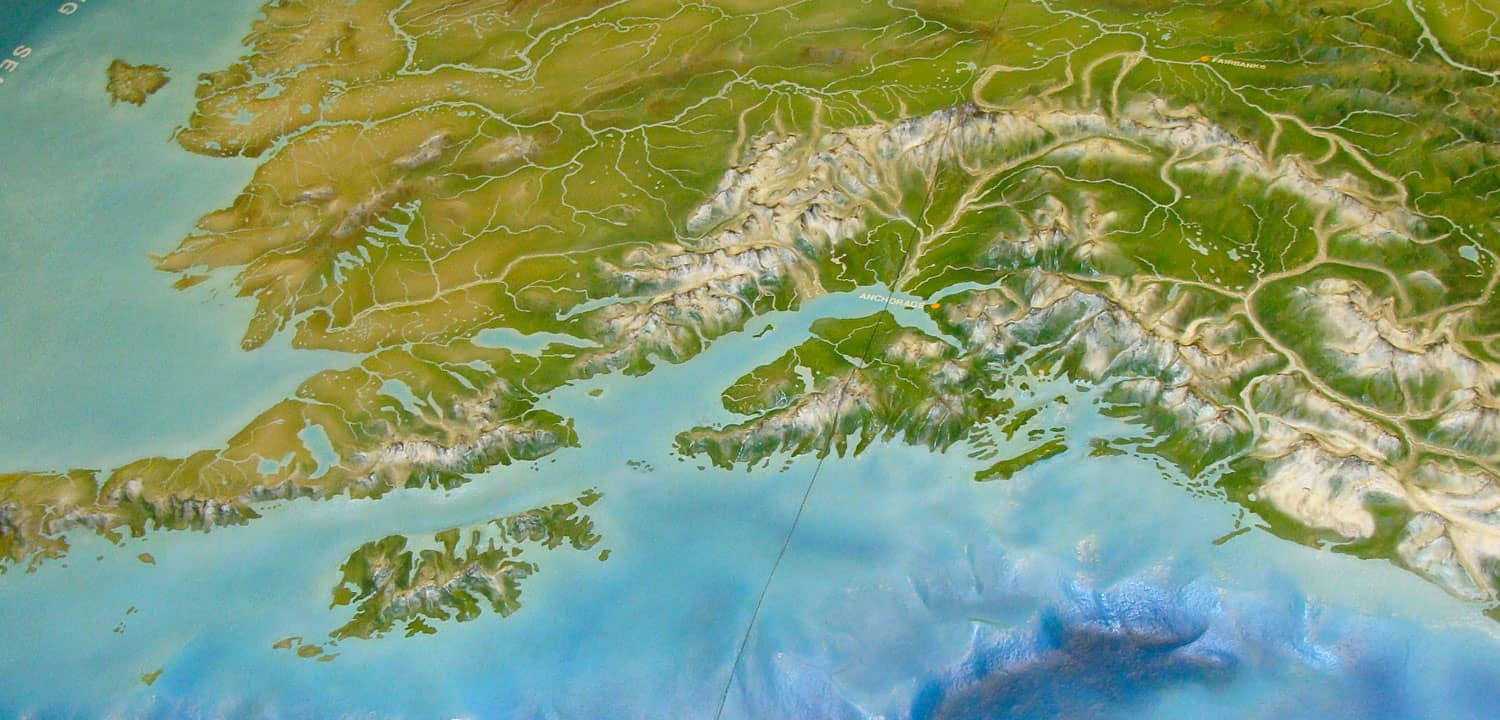New international science team tackles retreating glaciers and impacts on salmon habitat.
Glaciers cover nearly 10 percent of the Earth’s land surface, but new research in the Proceedings of the National Academy of Sciences suggests that the magnitude of recent glacier loss worldwide creates an urgent need to evaluate the effects on downstream water supplies, fisheries, and ecosystems.
Glacier-fed rivers support some of the largest runs of salmon in Alaska and British Columbia, and glacier loss potentially has far reaching effects on these runs and the communities they support. To understand how glacier loss may affect salmon, WSC Science Director Dr. Matthew Sloat is working with Dr. Jonathan Moore and Kara Pitman of Simon Fraser University to organize an international team of salmon and glaciology experts (Learn about their latest findings).
The team, including academic, agency, and NGO researchers, is part of the Salmon Science Network Initiative supported by the Gordon and Betty Moore Foundation. Work kicks off this fall in Vancouver, BC and will aim to describe the future of salmon in glacial watersheds by predicting shifts in productive salmon habitat and effects on downstream fisheries and ecosystems. This information will help enable forward-looking land use and management decisions that consider anticipated shifts in salmon habitat.
Hero Image
